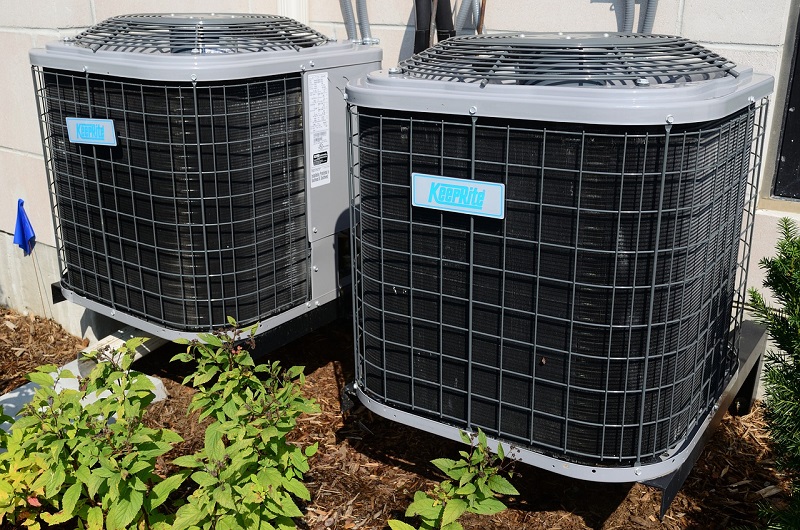FindItMore | The air conditioning industry has recently launched the Desiccant-Enhanced Evaporative technology which is expected to give a new direction to the residential cooling and allow homeowners experience better comfort at home. AC repair experts in Largo believe that the DeVAP units are going to cost a lot less than conventional refrigerant based AC units but will provide the same level of cooling and comfort. As the name suggests, this technology uses a perfect combination of desiccant and evaporative cooling together to give the real feel.
To know how this unique system works, you must have a clear understanding of the entire process, its components and how each one of them works in unison to add to your comfort.
What is a Desiccant?
To put it in simple terms, a desiccant is nothing but a drying agent and a hygroscopic substance that allows maintaining the state of dryness. It absorbs the moisture content from the air and eliminates all sources of humidity resulting in a dry environment. Till date, the desiccants were popularly used in packaging edible substances which otherwise can get compromised due to humidity and moisture in the air. The utilization of this new technology in the modern air conditioners is going to enhance comfort during hot and humid conditions.
What is an Evaporative Cooler?
This is a device that cools down the air by aiding in evaporation of the water content. The conventional air conditioners, utilize the vapor compression method, which forces the refrigerant to absorb heat and remove humidity. But evaporative cooling of air is completely different as water or moisture is added back to the air instead. Those who have the idea of swamp coolers can understand how these evaporative cooling units work. However, it doesn’t take much time to understand the benefits of the DeVAP units – they are more efficient, and instead of circulating the same air within a room, they pull in the fresh air continuously from outside.
How Are These Two Processes Combined in Practice?
The operational process of DeVAP air conditioning units blends the advantages of both the desiccant and evaporative coolers to add to the air conditioning efficiency. When air is collected from the room, it is sent to a liquid desiccant cycle which removes the humidity from the environment. Once the air dries out, it is sent to an evaporative cooling period, which supplies the dry air into the room and brings down the indoor temperature substantially. Homeowners enjoy immense energy saving benefits while using the DeVAP air conditioners. When the desiccant is depleted after removing the humidity from the air, it is regenerated utilizing the waste heat. Hence, a significant amount of energy is required only when the system is used for dehumidifying. And also, you do not need any additional coolant to initiate the cooling process.
The DeVAP air conditioners come with the promise of meeting ever-growing residential cooling needs. According to the industry experts, the DeVAP air conditioners are expected to use 30 to 80 percent less energy compared to the conventional units which run on refrigerants. As the air conditioners account for 10 percent of the monthly utility bills in residential spaces, these energy- efficient and cost-effective DeVAP units will be a new and valuable addition in the market. With consumers demanding DeVAP units of varying sizes to launch soon, the technology is under a constant process of evolution.
Air conditioning technologies are rapidly evolving in the 21st century. These highly efficient units can help you save significantly on your monthly energy expenses. However, along with these innovations, the repair and service techniques are also changing. So, next time when you call a technician for an AC repair in Largo, make sure that the person is familiar with the latest models. This way, you’ll be able to make the most of these futuristic innovations.

